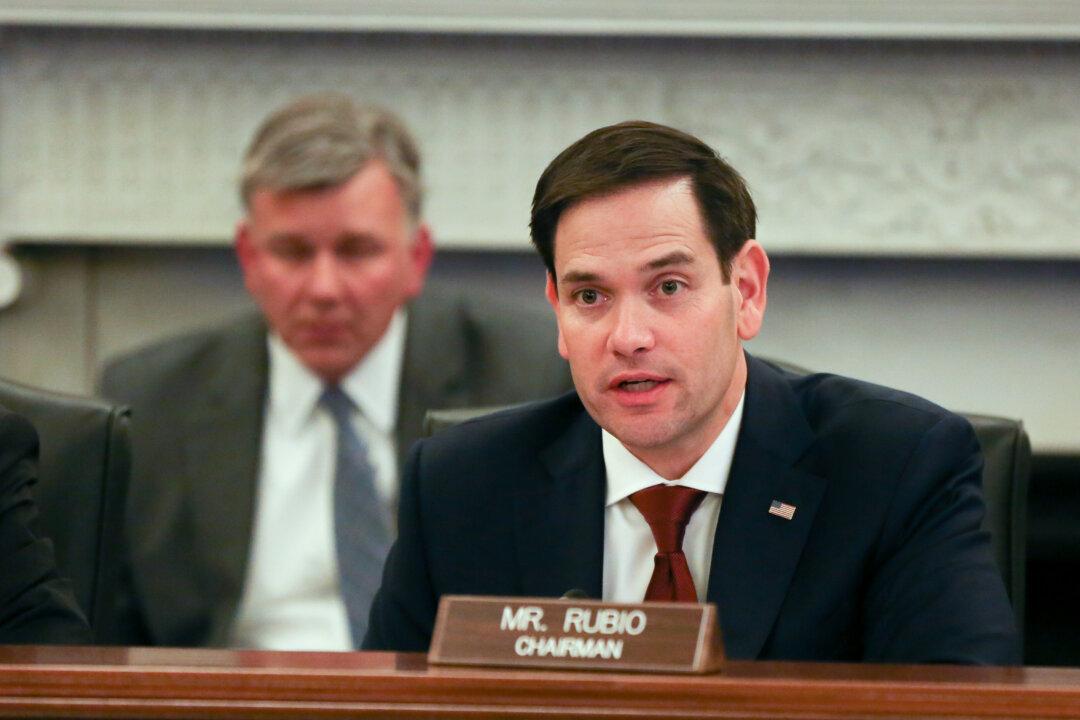Sen. Marco Rubio (R-Fla.) has asked the Biden administration to stop U.S. electric vehicle (EV) tax credits from going to Chinese companies through their partnerships in South Korea.
In the past five months, four Chinese firms have announced investing more than 5.6 trillion won ($4 billion) in South Korea for new EV battery factories. These deals were established to take advantage of Korea’s free-trade agreement with the United States to qualify for EV tax credits under the U.S. Inflation Reduction Act (IRA).



